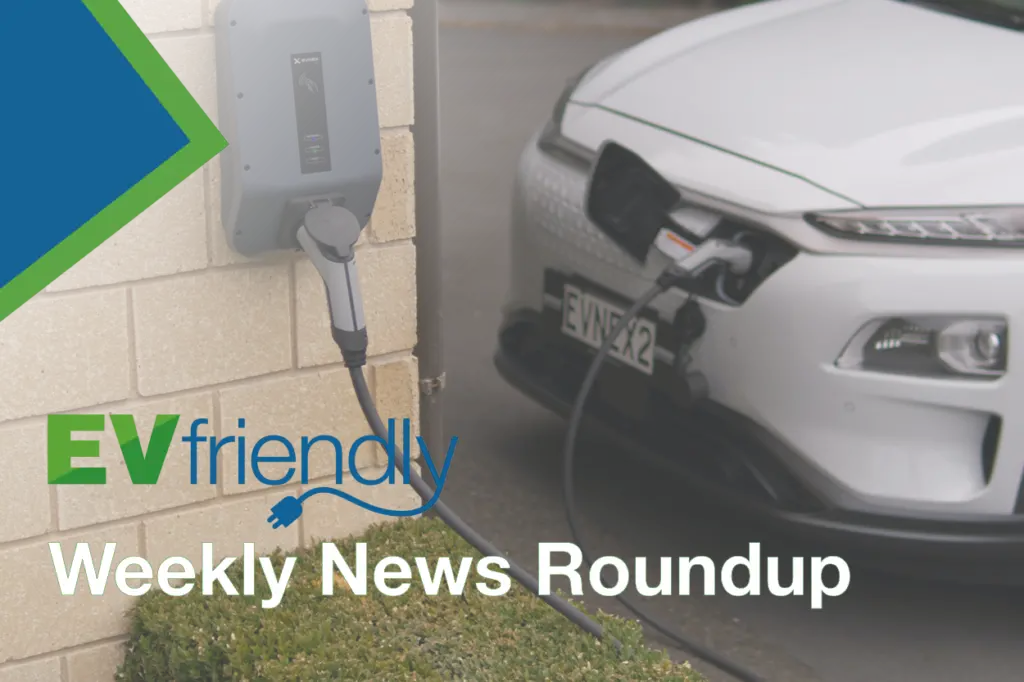China’s EV industry braced for shakeout as prices plunge
Chinese automakers in the highly competitive market for new energy vehicles (NEVs) are engaged in a price war as demand weakens and government subsidies decrease. With about 200 electric car manufacturers in China, experts predict that only five to ten will survive. The intense competition has led to price cuts and increased sales volumes, but some EV startups are experiencing losses. Tesla and foreign automakers like Volkswagen, BMW, and Nissan are entering the Chinese market, posing additional challenges. Despite the government’s desire for consolidation, there have been few mergers and acquisitions in the industry. The price war is expected to continue, benefiting potential buyers with lower prices.
Read more
Hertz is going electric with big implications for the EV and auto market
Car rental company Hertz plans to have 25% of its vehicle fleet electric by the end of 2024, up from the current 10%. The company has already purchased 50,000 electric vehicles (EVs) and has deals in place to buy 330,000 more from Tesla, Polestar, and General Motors. Hertz believes that recent price drops in the EV market have made it a more attractive option. The rental car company also benefits from partnerships with Uber and Lyft, as rideshare drivers are renting EVs and contributing to the company’s EV fleet.
Can Tesla’s Price War Accelerate Electrification?
Tesla’s recent price reductions have sparked discussions on whether they can accelerate the transition to electric vehicles (EVs). While affordability remains a barrier to mass consumer adoption, lower-priced Tesla models could drive an industry-wide shift towards zero-emission technology. Tesla’s strategy of increasing overall vehicle volume, even at the expense of short-term profitability, sets it apart from other automakers. As competition in the EV market intensifies and production costs decrease, the number of EVs on the road is expected to increase substantially, contributing to the ongoing transition to sustainable transportation.
EV Charging Is Still a Huge Problem for Renters
According to a study by JD Power, a significant portion of the population remains hesitant to adopt electric vehicles (EVs) due to a lack of access to charging facilities, particularly among renters and people living in condos. Homeowners, who generally have higher income levels, are more likely to consider EV ownership compared to renters. The study also revealed that 34 percent of people do not consider EVs at all due to inadequate charging access. Installing charging infrastructure in apartments or condos can be costly and bureaucratic, further hindering widespread EV adoption.
You're About to See Way More Electric School Buses—Here's Why
The electric school bus market is growing in the U.S., with 2,400 electric school buses ordered last year, according to the 2023 State of Sustainable Fleets report. While this is still a small percentage of the total fleet, the Environmental Protection Agency (EPA) has allocated $5 billion between 2002 and 2026 for cleaner buses, including electric models. Companies like Blue Bird, BYD, Lion Electric, and GreenPower Motor Company showcased their electric school buses at the Advanced Clean Transportation Expo. Ford also announced that it will offer a school bus upfit kit for its all-electric E-Transit model, providing a new option for school districts.
Check back every week for the latest in EV news!






